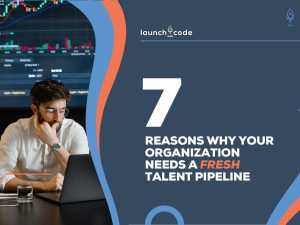IBM Linux ONE: A Secure Data-Serving and Hybrid Cloud Infrastructure

A technology-enabled business strategy such as digital transformation (DX) makes it possible for firms to expand their competitive differentiation in the market. Although disruptive, DX requires firms to effectively and efficiently combine (technology) platforms, (business) processes, (data) governance, and (people) talent to gather deep and timely insights from data and actuate these insights to optimize business operations, accelerate innovation (develop new and innovative products and services), and transform customer engagement.
Gaining deep, timely, and actionable insights from large and diverse data sets requires firms to take innovative approaches to technology platforms. A recommended approach is to deploy current- and next-gen applications (apps) on a modern infrastructure platform. Current-gen apps are mostly procured off the shelf, require traditional approaches to infrastructure, and support established revenue-generating business operations. Next-gen apps are developed specifically for future-readiness DX initiatives, are designed to be cloud-native, use newer development methodologies, and are often deployed on newer computing technologies such as containers. This means that modern infrastructure solutions capable of hosting current- and next-gen apps must support extreme performance and scalability; be optimized for data consolidation and serving; support pervasive security; be agile and dependable; support both traditional and newer computing, development, and deployment models; and natively support modern open source frameworks.




